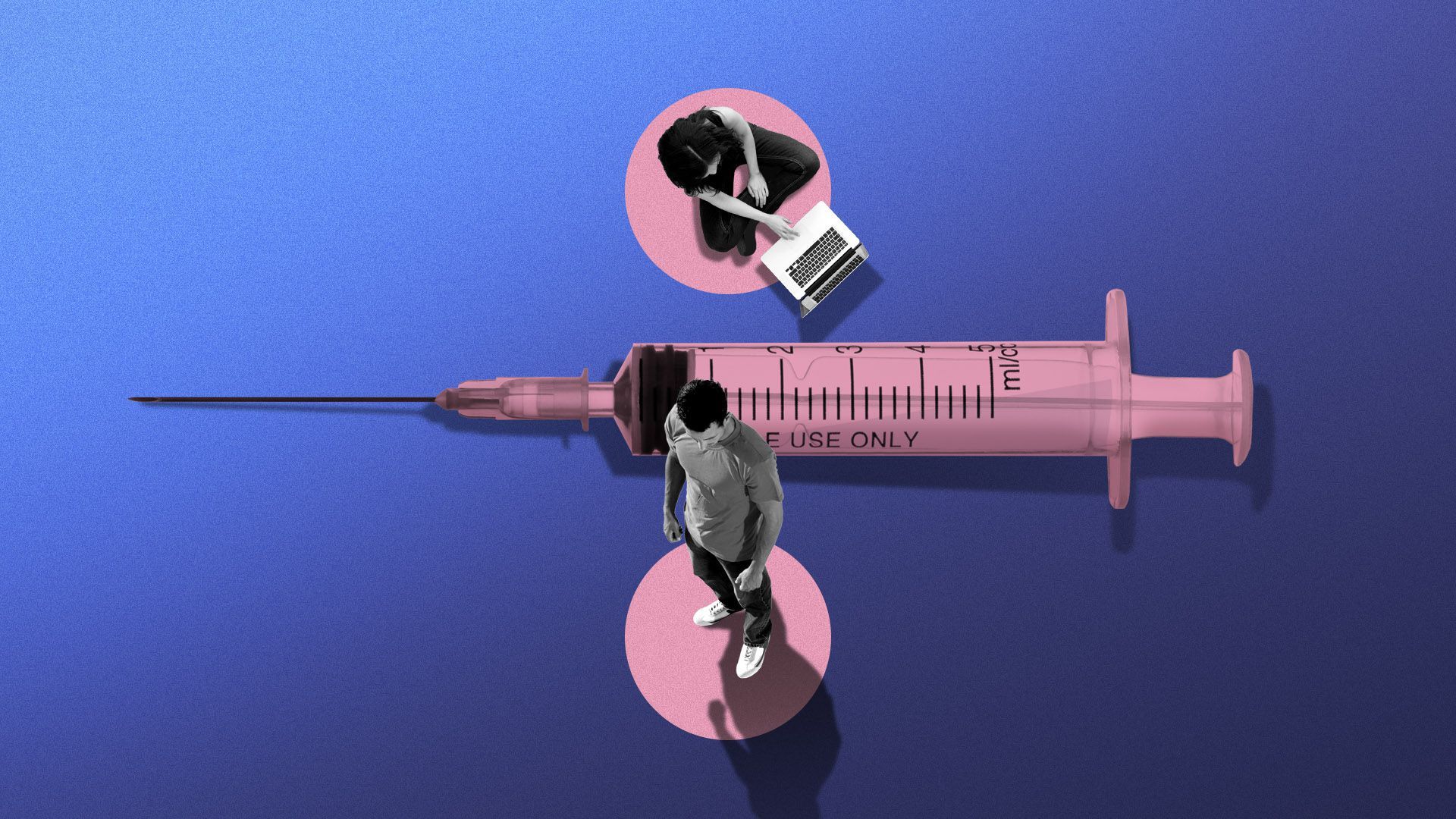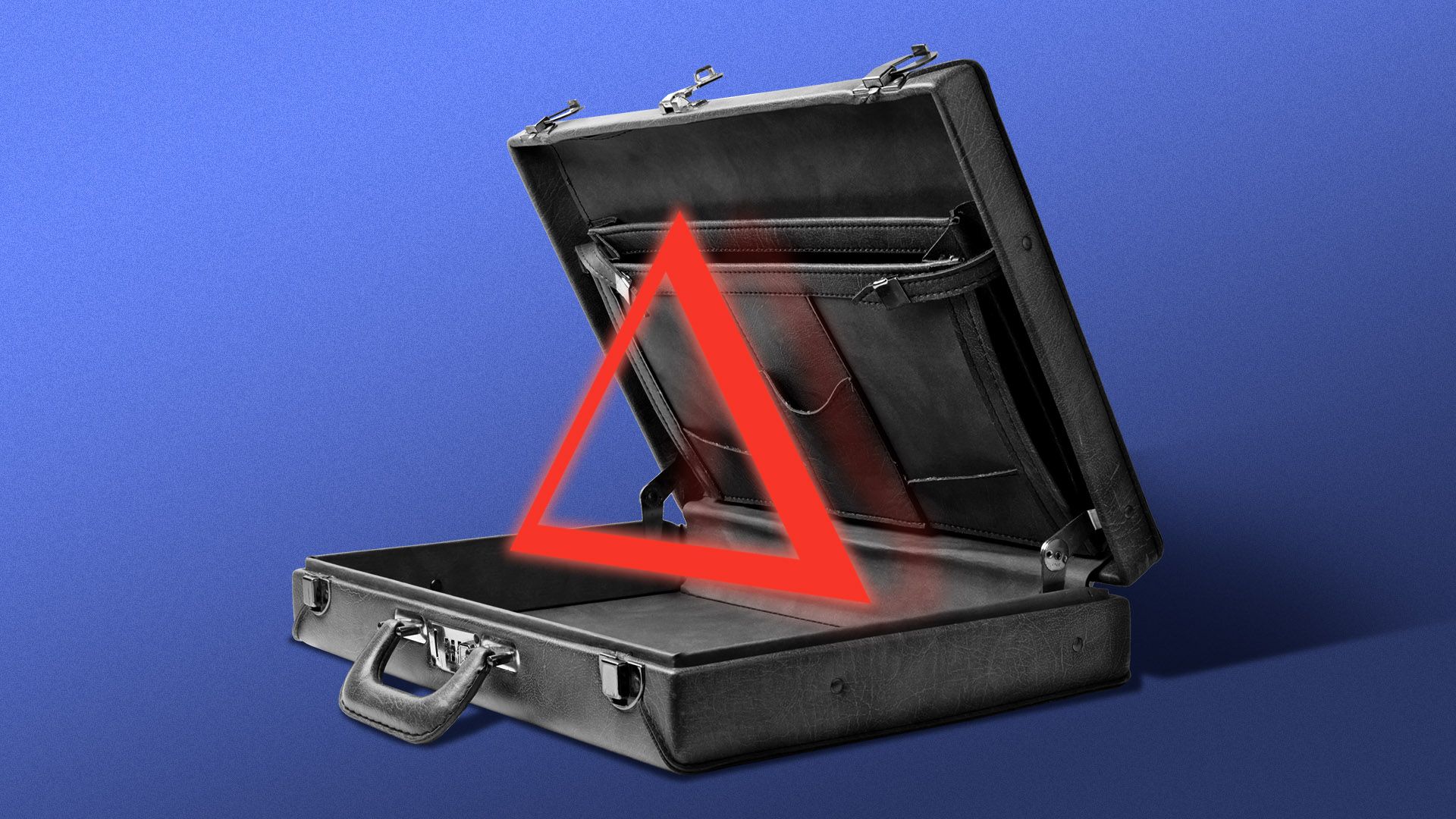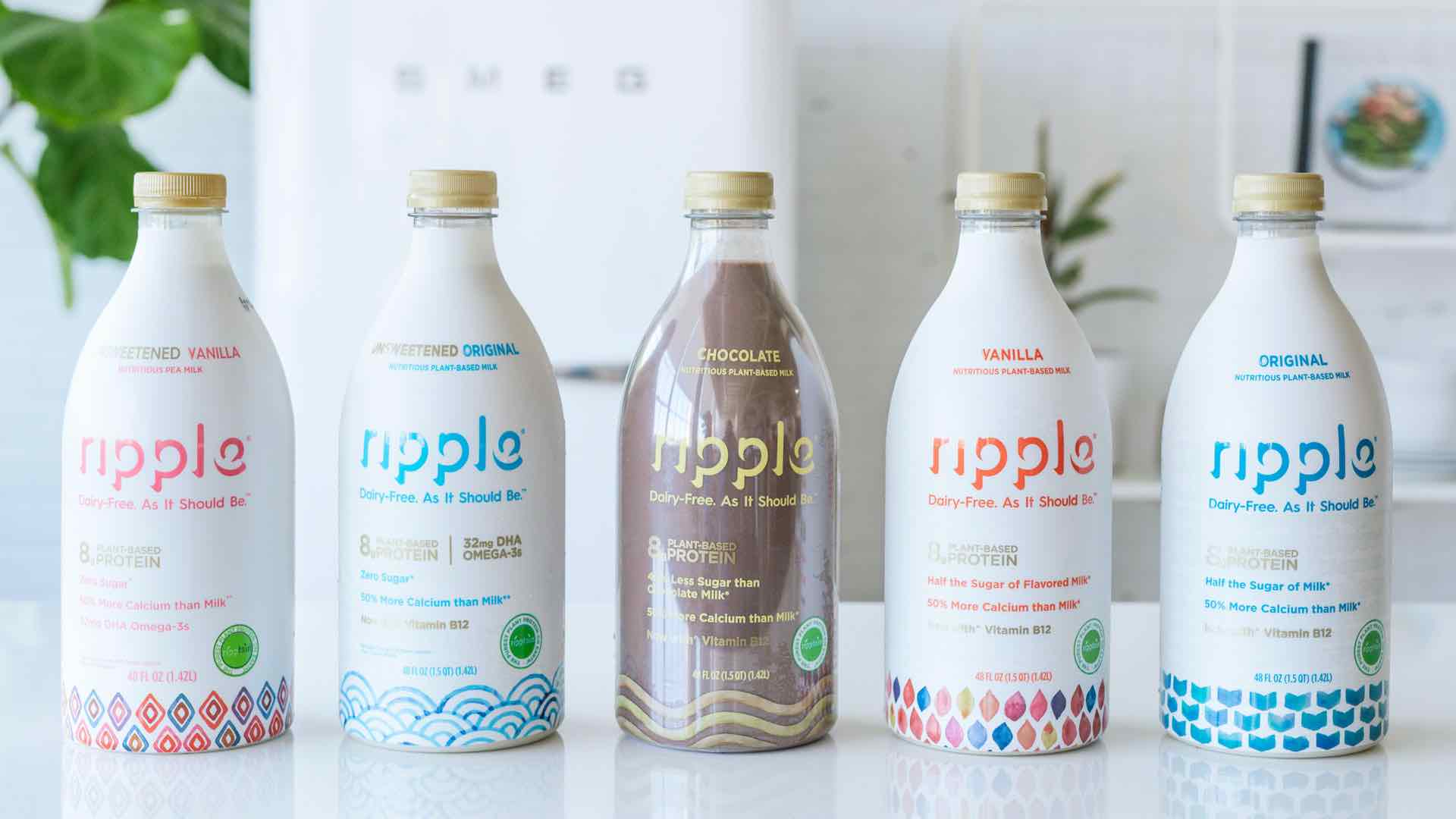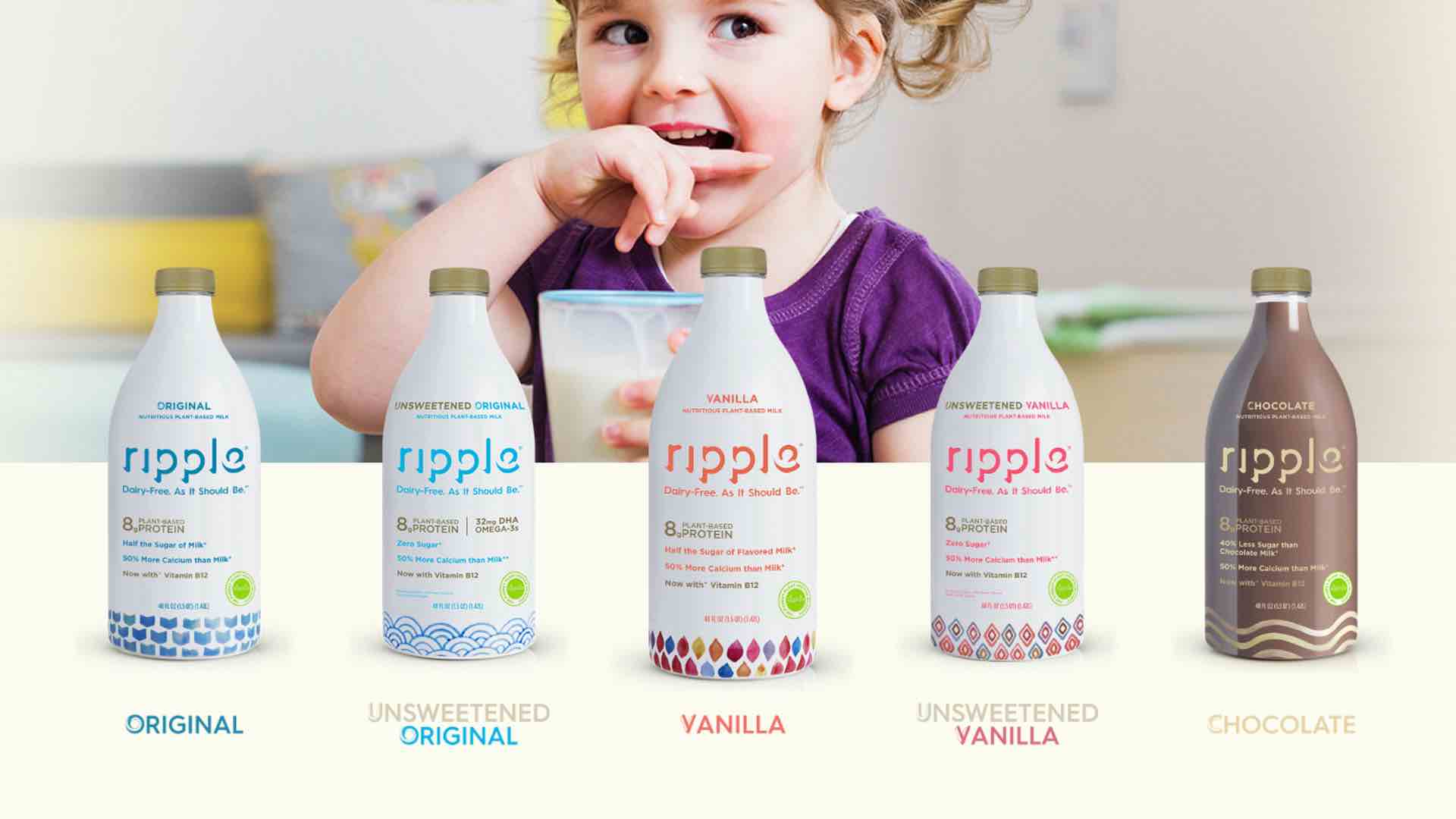| | | | | | | Presented By OurCrowd | | | | Axios Markets | | By Sam Ro ·Aug 13, 2021 | | Today's newsletter is 1,202 words, 4.5 minutes. 📺 of the day: 116 million, the number of paid Disney+ subscribers. | | | | | | 1 big thing: Vaccine mandates deepen divides |  | | | Illustration: Sarah Grillo/Axios | | | | Corporate America's patchwork approach to vaccine requirements is deepening the pandemic's class divides, Axios' Hope King writes. Why it matters: New cases of coronavirus, driven by the Delta variant, are up 86% in the U.S. over the past two weeks. The rise has upended return-to-work plans for certain sectors of the economy, while others can't afford to change course. State of play: Businesses that can operate remotely are requiring vaccines for returning workers, while service and retail economy companies have stopped short of full workforce mandates. What's happening: Workers are continuing to experience the pandemic unevenly. - The people who can most afford to take time off if they get sick, or choose to work from home, are the ones required to get the vaccine, while service-sector workers in food and retail who do not have the same privileges, may be put more at risk.
What they're saying: "I think the feeling is that with office workers they can get away with it, whereas for some of these populations where you're already at or near [a labor] shortage point, they feel like they don't have enough power in the equation to demand it
," Melissa Swift, U.S. Transformation Leader with consulting firm Mercer, tells Axios. By the numbers: Demand for knowledge workers has increased 14% over the past year, while demand for blue-collar workers has jumped by 24%, with a 50% rise in demand for operations and logistics workers alone, says Becky Frankiewicz, president at ManpowerGroup North America. Yes, but: Companies are feeling pressure from all sides, including employees who are already vaccinated and public officials like President Biden, who has been urging business leaders to set the tone. - Divided unions are also part of the equation. State prison guards in Pennsylvania are planning legal action against Gov. Tom Wolf's vaccine mandate and Chicago-based Teamsters and New York-based health care workers have protested, for example, arguing that mandate deadlines are unfairly tight and cut into pay.
- Meanwhile, the AFL-CIO and the country's largest teachers' unions have backed requirements, and Disney is in talks with unions representing cast members about mandates.
- Amazon (like Disney and Walmart) has a split mandate approach.
What to watch: Experts predict more mandates — both public and private — will begin after the vaccines receive full FDA approval, which is expected before the end of September. Go deeper. |     | | | | | | 2. Catch up quick | | Disney's U.S. parks returned to profitability. (CNBC) Boeing's Starliner space capsule launch could be delayed for months. (WSJ) The FDA has authorized the use of a third vaccine dose for certain immunocompromised people. (Axios) |     | | | | | | 3. Mixed messages about Delta's impact |  | | | Illustration: Sarah Grillo/Axios | | | | Companies are experiencing different degrees of impact from the recent COVID spike. Why it matters: While many businesses have adapted to new realities and many people have become fully vaccinated, Delta's spread is proving somewhat disruptive. What they're saying: In the past week, a number of companies have addressed questions regarding the spike since the beginning of the third quarter. - Southwest Airlines warned of a sharp deterioration in business in recent weeks, a challenge that is affecting all airlines.
- Airbnb, however, said, "in the last few weeks, we had our biggest night ever in the U.S. and our biggest night globally since the pandemic began."
- Aramark, which provides on-site food services, says the disruption is "really limited mostly to companies and their return-to-work strategies." Though executives don't think it'll impact colleges, sporting arenas and entertainment venues.
- Foodservice competitor Sysco shared that sentiment, noting it did not experience any impact in July tied to Delta. However, CEO Kevin Hourican cautioned that they couldn't predict whether the government might step in with new restrictions.
- Casper Sleep president Emilie Arel said Tuesday that people were still out shopping, saying, "To date, we are seeing week-over-week improvements on foot traffic."
- Bumble has experienced no slowdown in activity on its dating app. "When COVID accelerates and loneliness climbs, people turn to us for connections," Bumble CEO Whitney Wolfe Herd said on Wednesday.
The big picture: "With the rise in mortality and hospitalization rates expected to be far smaller than during the second wave, we expected policy restrictions to be limited and the turn towards caution by the private sector to be more modest," says JPMorgan chief economist Bruce Kasman. Yes, but: Callaway Golf CEO Chip Brewer warns that U.S. demand isn't the issue. - "It has caused further supply disruptions from factories based in and around Southeast Asia, primarily Vietnam," Brewer said. "These shutdowns will have an estimated $55 million negative impact on second-half revenues."
|     | | | | | | A message from OurCrowd | | OurCrowd creates pre-IPO investment opportunities for individuals | | |  | | | | OurCrowd brings accredited investors world-changing pre-IPO opportunities – like Silicon Valley food-tech startup, Ripple Foods. The product: Ripple's great tasting, high protein, low sugar, plant-based milk products are currently being bought by customers in over 15,000 stores. Find out more. | | | | | | 4. Producer prices heat up |  Data: BLS, FRED; Chart: Axios Visuals Producer prices jumped by more than expected. Some economists think it could be the peak rate of increase. But the spread of the Delta variant poses a big uncertainty. Why it matters: Producer prices reflect what businesses pay for the materials that go into the stuff they eventually sell to their customers. Higher producer prices put more pressure on businesses to pass those costs on through consumer price hikes. - Much of the rise in inflation in recent months has been attributed to transitory factors like supply chain bottlenecks stemming from COVID-related disruptions like labor shortages and company shutdowns.
- Persistent inflation, however, could prove increasingly disruptive as it weakens the purchasing power of businesses and consumers.
By the numbers: The core Producer Price Index, which excludes food and energy, jumped by 1% in July from June. This was much hotter than the 0.5% expected by economists. - The gain represents a 6.2% increase from a year ago.
- The data marked a divergence from the July Consumer Price Index report, which showed core consumer prices rise just 0.3% month over month or 4.3% year over year.
Yes, but: "Stubborn pandemic disruptions will continue to hamper supply through year-end, keeping producer prices sticky and prompting the Fed to begin QE tapering in early 2022," Oxford Economics U.S. economist Mahir Rasheed said. Zoom out: Extrapolating from July's PPI and CPI reports, Morgan Stanley economist Ellen Zentner estimates that core PCE, the Fed's preferred measure of inflation, climbed by 0.38% month over month. This would represent a 3.6% increase from year-ago levels. The bottom line: Many economists continue to argue that the forces boosting inflation are transitory. However, the data has yet to prove that decisively. And any inflationary supply-chain-related disruptions only complicate the debate. |     | | |  | | | | If you like this newsletter, your friends may, too! Refer your friends and get free Axios swag when they sign up. | | | | | | | | 5. If we only had more truckers |  | | | Illustration: Aïda Amer/Axios | | | | The amount of stuff shipped across the U.S. fell in July. But it wasn't because of lack of demand. Why it matters: Constraints along these domestic supply chains continue to hold back economic activity. And worse, they're causing the prices of the limited goods to inflate. By the numbers: The Cass Freight Index tracks data derived from across all modes of freight. The shipments component of the index fell 3.1% month over month in July. What they're saying: Cass attributes these volume declines largely to lack of equipment and drivers in rail and trucking. - "Shipment volumes remain limited to no small extent by the capacity of the freight network, as the 121 containerships anchored off North American ports on August 10th attest to," the firm said in a release.
- "The driver shortage is made worse by the federal drug and alcohol clearinghouse that has pulled 60,000 drivers off the road for violations," FreightWaves Detroit bureau chief Alan Adler tells Axios.
Yes, but: Volumes are up relative to pre-pandemic levels. |     | | | | | | A message from OurCrowd | | Beyond Meat investor opens new food-tech investment opportunity | | |  | | | | OurCrowd is creating access to pre-IPO opportunities like food-tech company Ripple Foods. The idea: Going beyond dairy, Ripple utilizes its groundbreaking technology to make plant-based milks that are great tasting, high in protein — as high as dairy milk — and much lower in sugar. Find out more. | | |  | | It'll help you deliver employee communications more effectively. | | | | | | Axios thanks our partners for supporting our newsletters. If you're interested in advertising, learn more here.
Sponsorship has no influence on editorial content. Axios, 3100 Clarendon Blvd, Suite 1300, Arlington VA 22201 | | | You received this email because you signed up for newsletters from Axios.
Change your preferences or unsubscribe here. | | | Was this email forwarded to you?
Sign up now to get Axios in your inbox. | | | | Follow Axios on social media:    | | | | | |











No comments:
Post a Comment